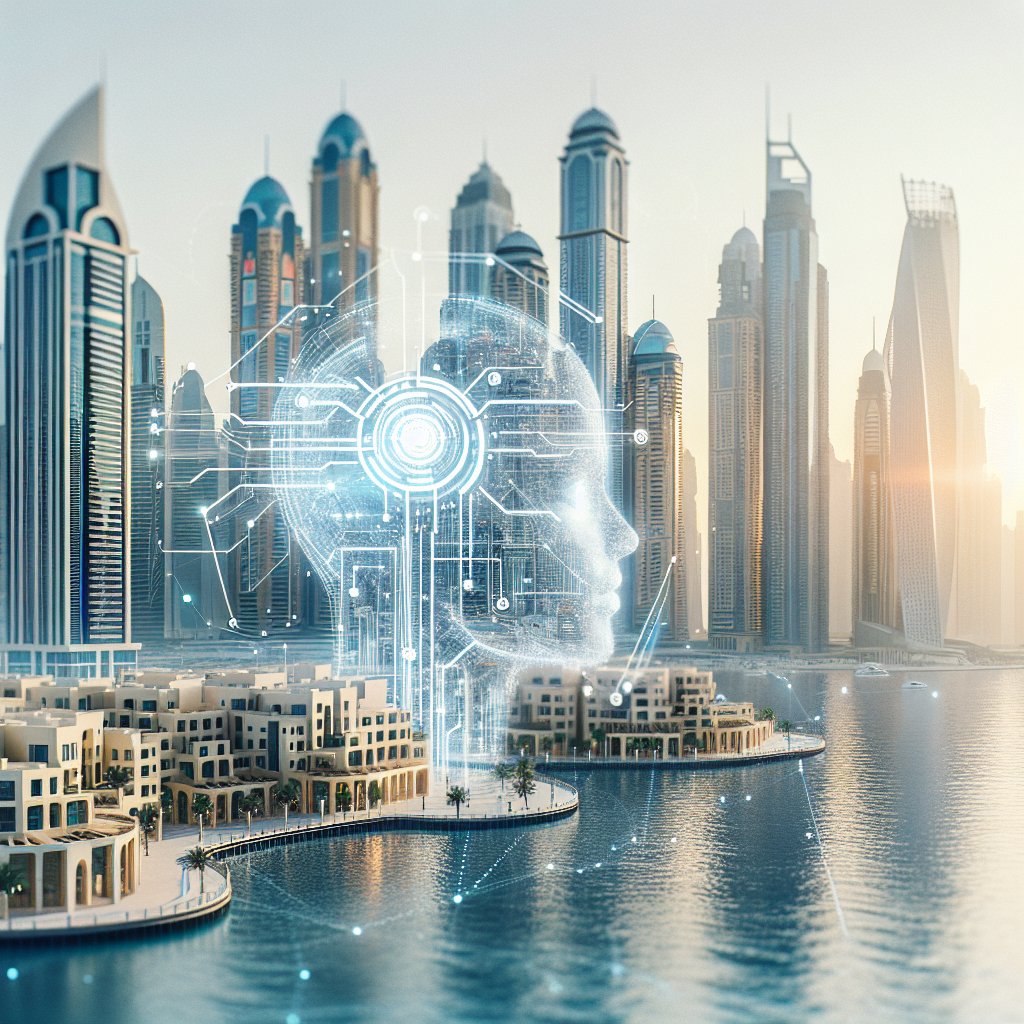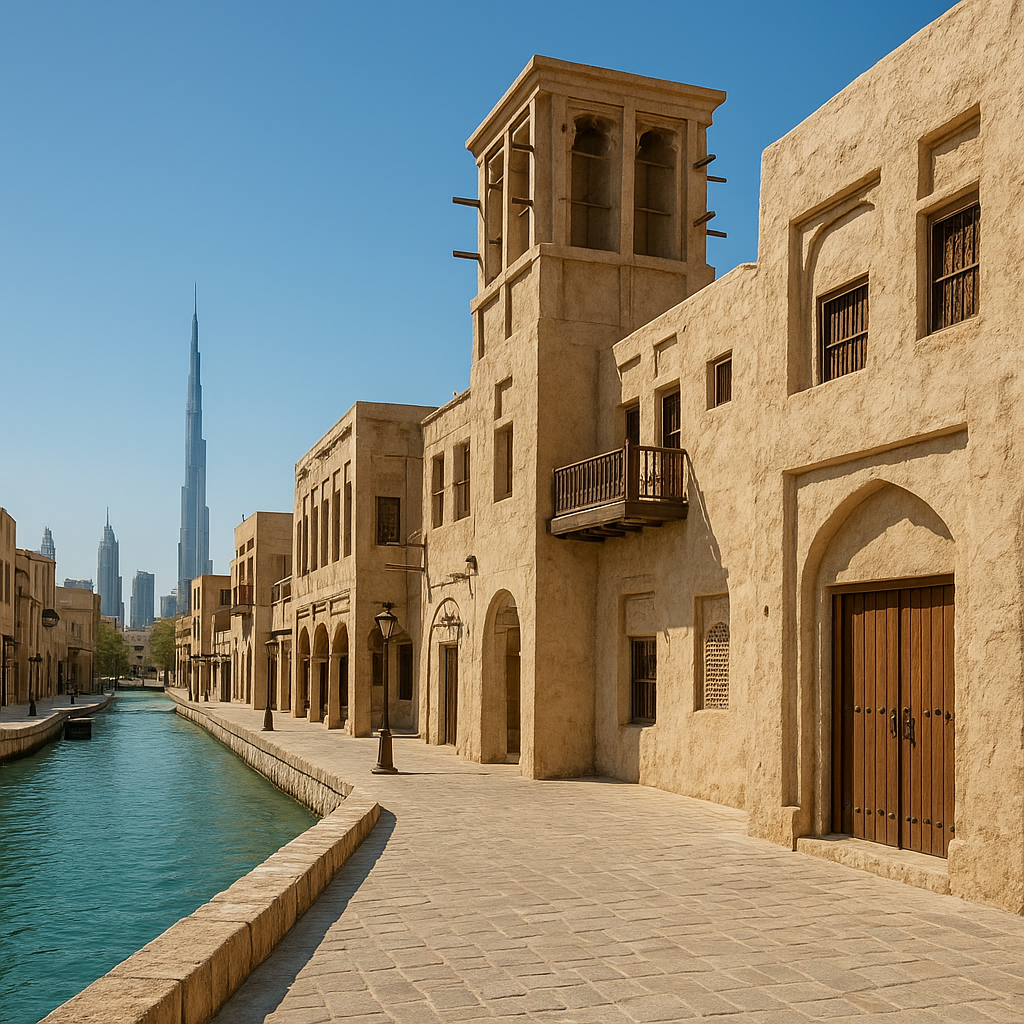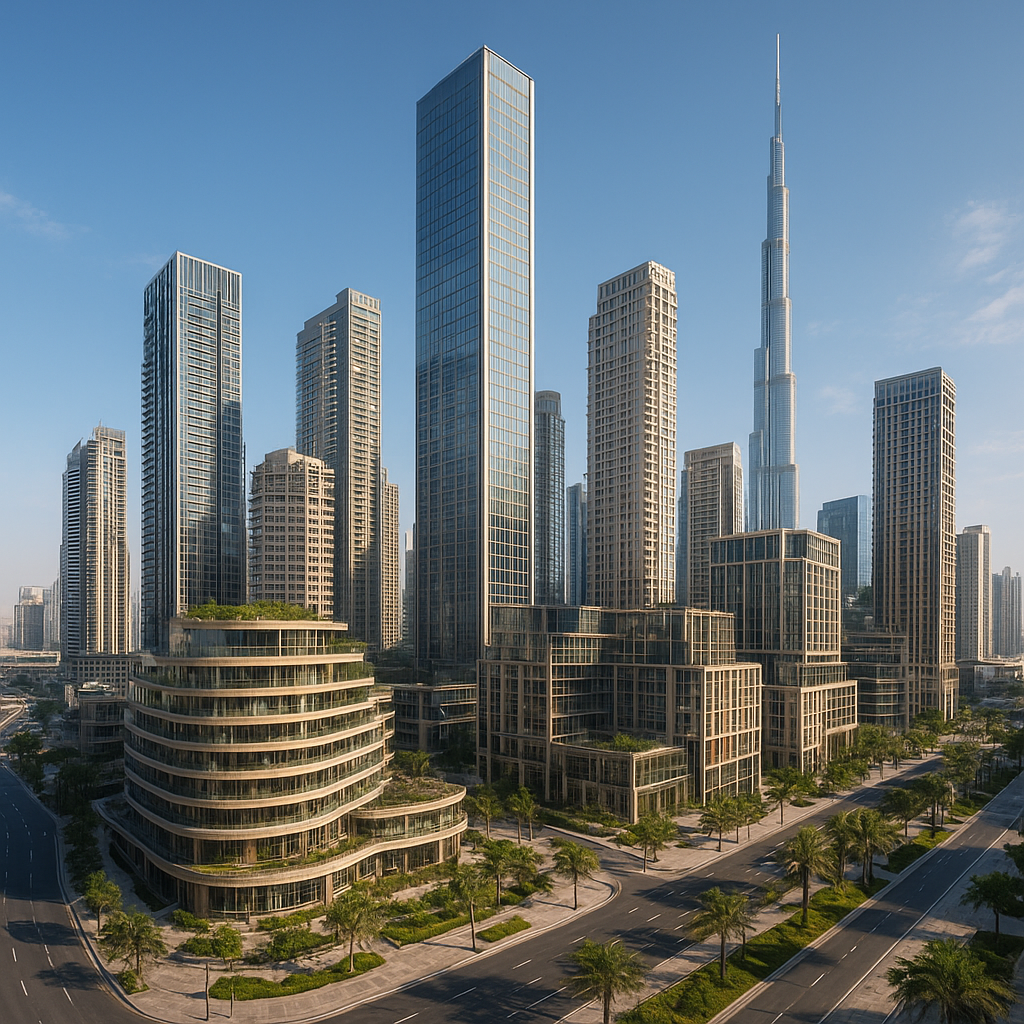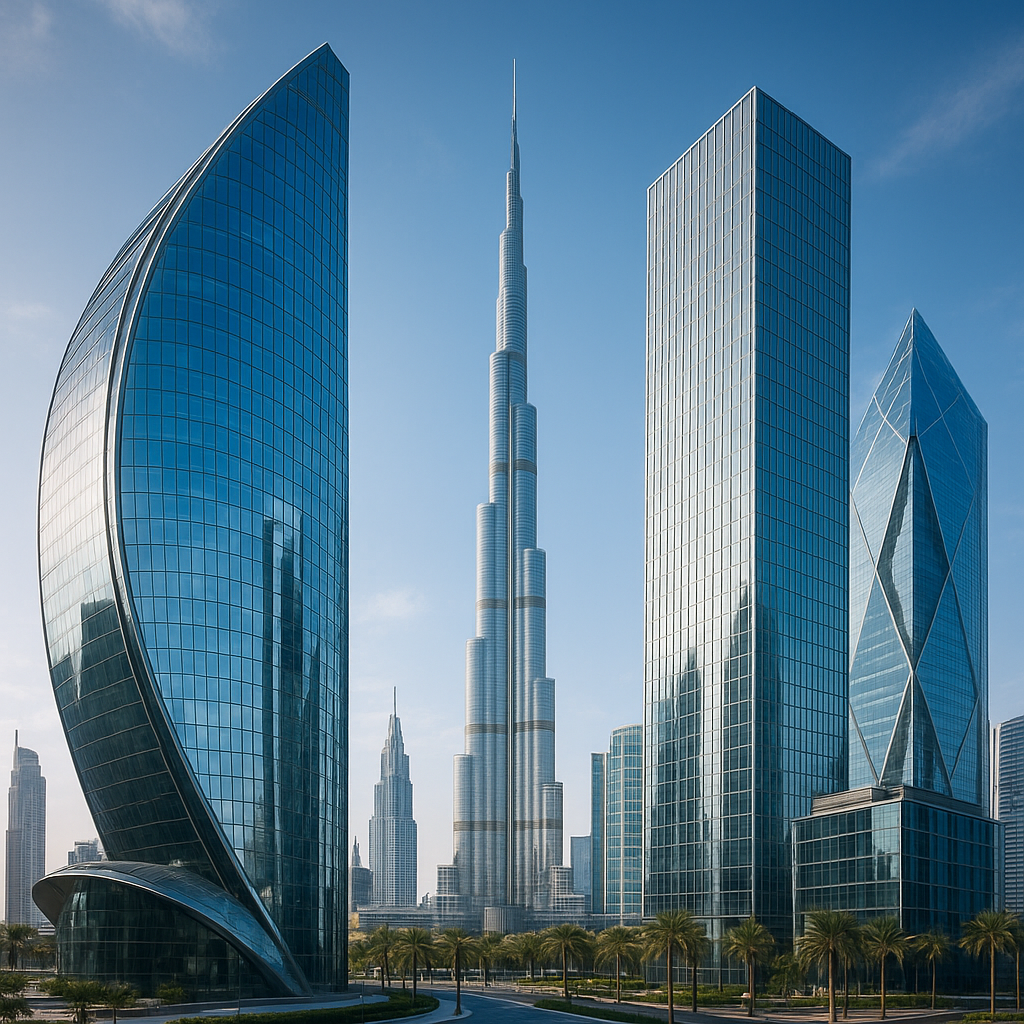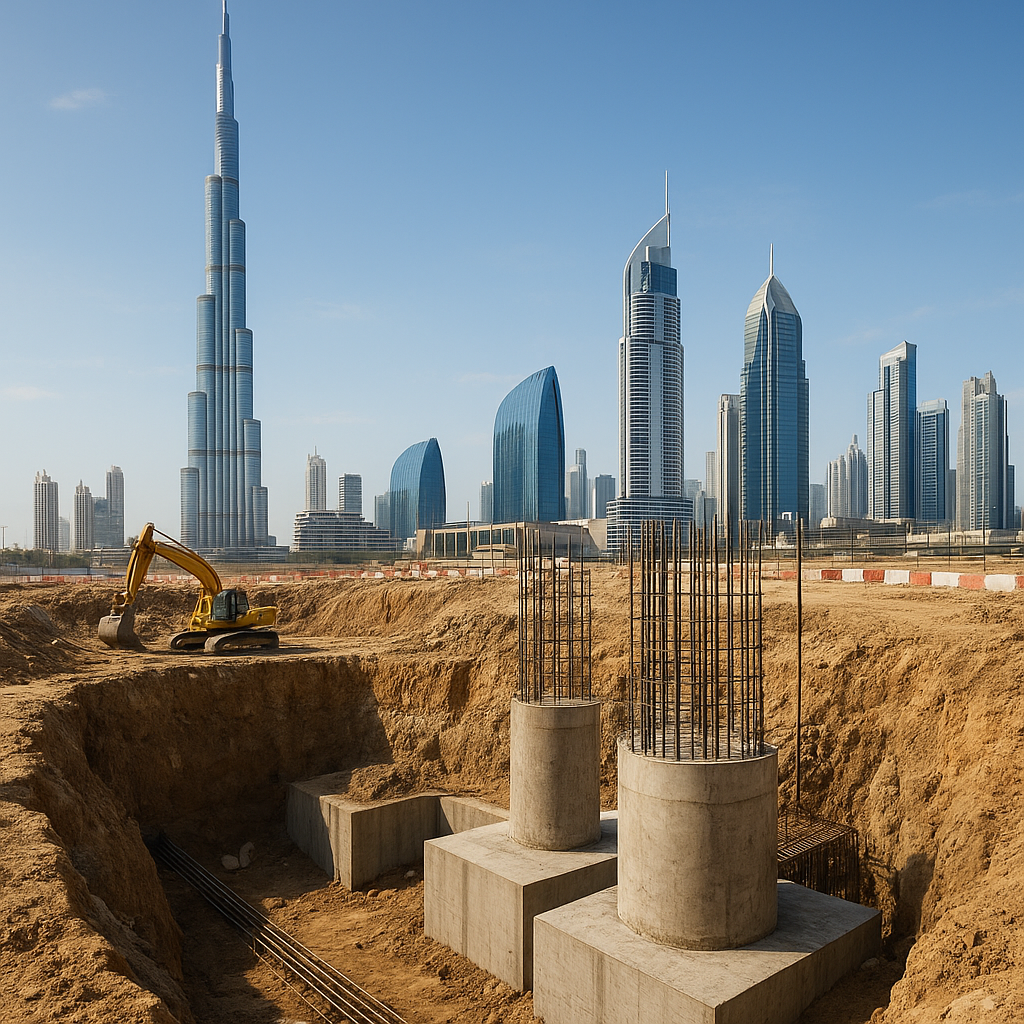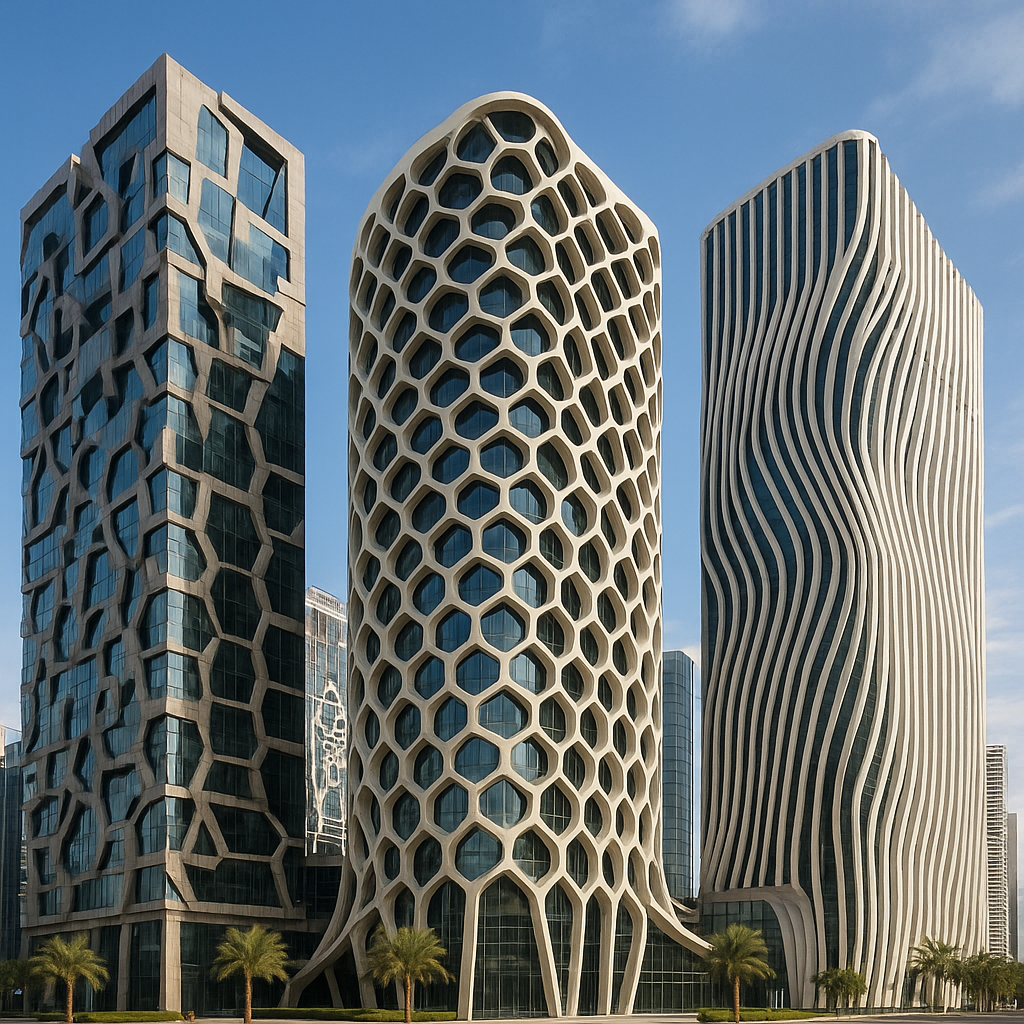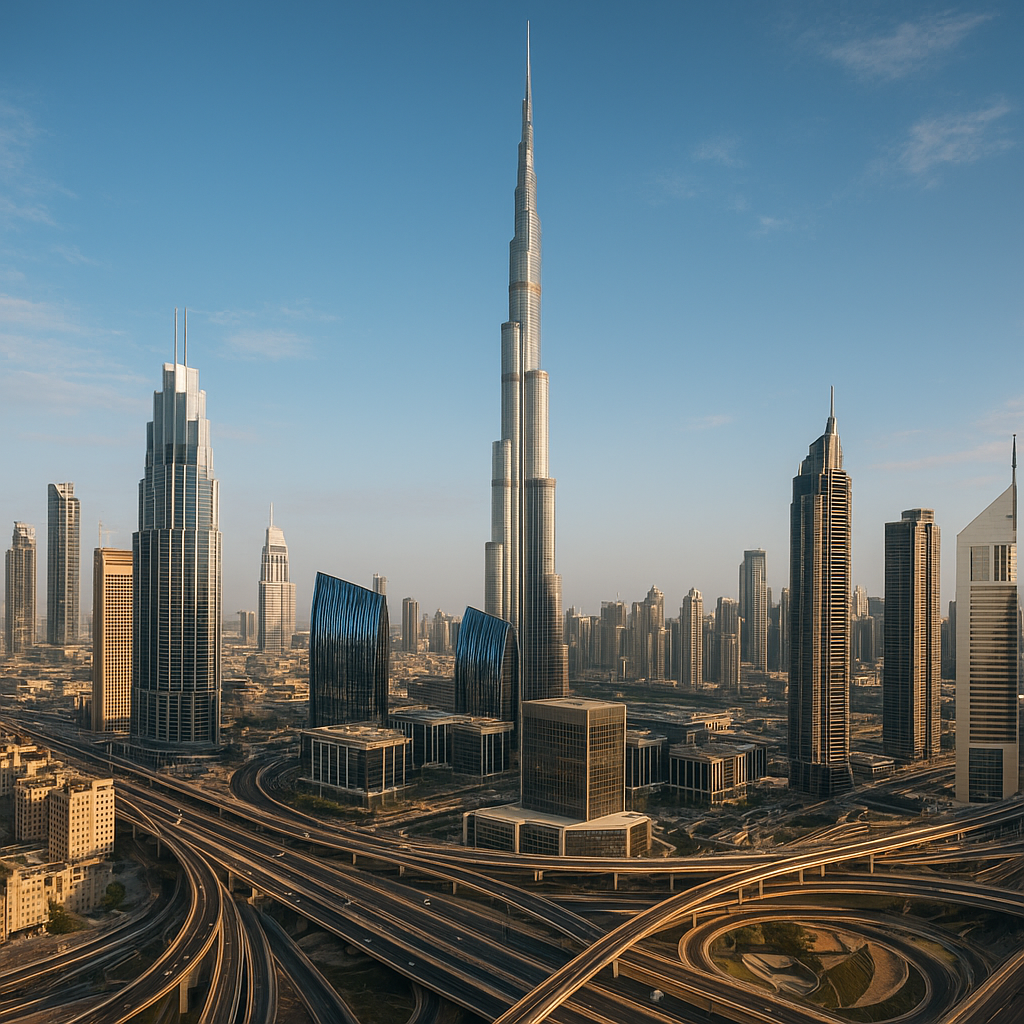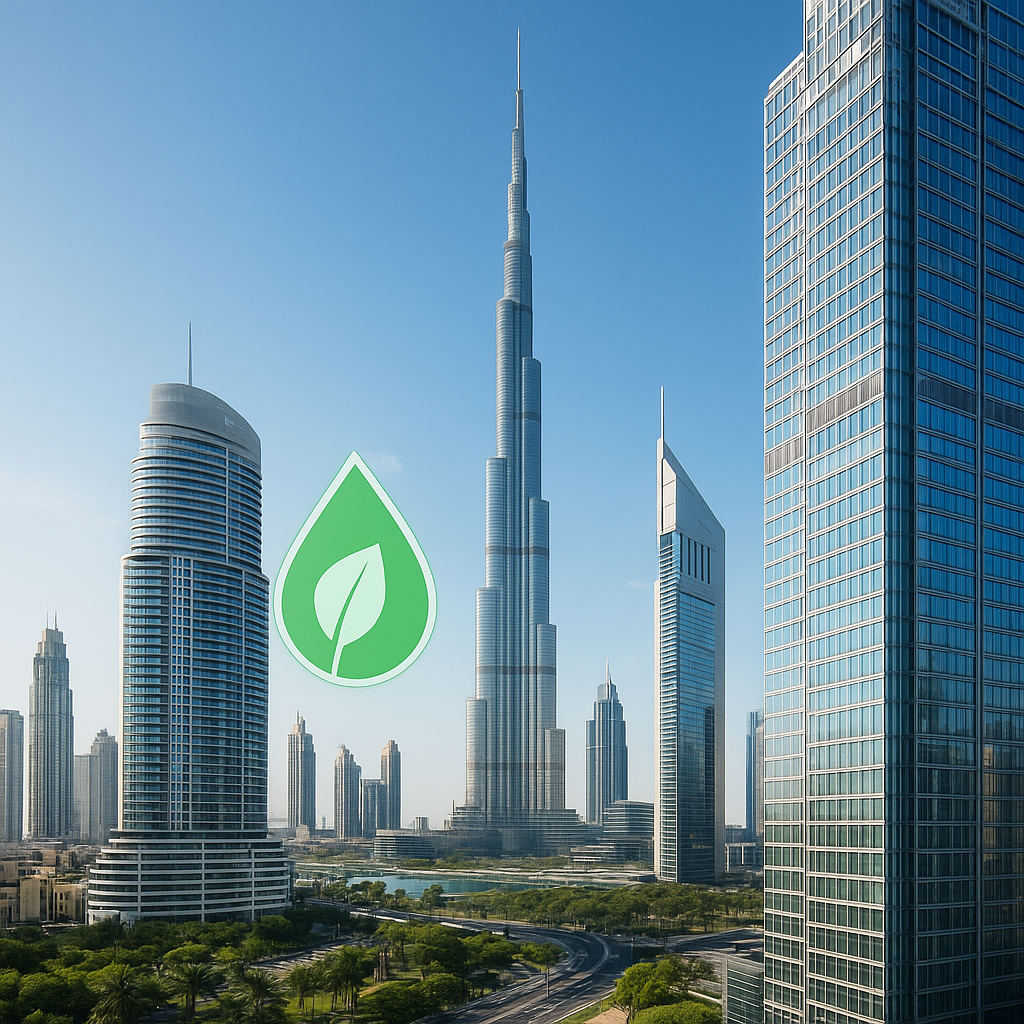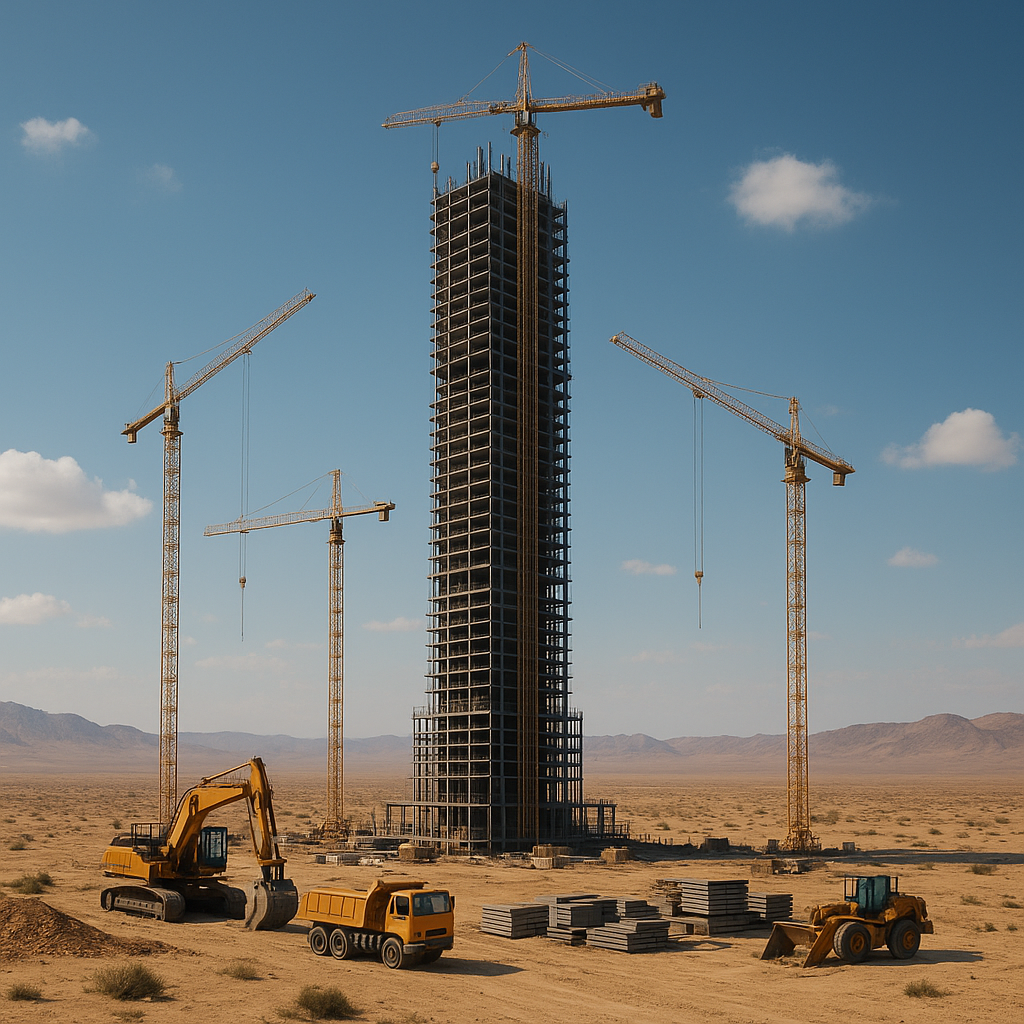Dubai, a city known for its futuristic skyline and rapid development, is increasingly leveraging artificial intelligence (AI) to enhance its urban planning strategies. As the city continues to grow and evolve, AI plays a crucial role in shaping its infrastructure, transportation, and sustainability efforts.
AI in Infrastructure Development
Dubai’s ambitious infrastructure projects are a testament to its commitment to becoming a global hub for innovation and technology. AI is at the forefront of these developments, providing tools and insights that enable more efficient and effective planning. By analyzing vast amounts of data, AI systems can predict future urban needs, optimize resource allocation, and streamline construction processes.
One of the key areas where AI is making a significant impact is in the design and construction of smart buildings. These structures are equipped with sensors and IoT devices that collect data on energy usage, occupancy, and environmental conditions. AI algorithms analyze this data to optimize building performance, reduce energy consumption, and enhance occupant comfort. This not only contributes to Dubai’s sustainability goals but also sets a benchmark for smart city initiatives worldwide.
Moreover, AI-driven simulations and modeling tools are revolutionizing the way urban planners approach infrastructure projects. By creating virtual models of proposed developments, planners can assess the potential impact on traffic flow, environmental sustainability, and community well-being. This allows for more informed decision-making and minimizes the risk of costly mistakes.
Transforming Transportation with AI
Transportation is another critical area where AI is transforming Dubai’s urban landscape. The city’s commitment to becoming a leader in autonomous vehicle technology is evident in its investment in AI-driven transportation solutions. From self-driving cars to AI-powered traffic management systems, Dubai is paving the way for a smarter, more efficient transportation network.
AI is being used to optimize traffic flow and reduce congestion on Dubai’s busy roads. Advanced traffic management systems utilize real-time data from cameras, sensors, and GPS devices to monitor traffic conditions and adjust signal timings accordingly. This not only improves traffic flow but also reduces emissions and enhances road safety.
In addition to traffic management, AI is playing a pivotal role in the development of autonomous vehicles. Dubai has set an ambitious goal to have 25% of all trips made by autonomous vehicles by 2030. To achieve this, the city is investing in AI research and development, as well as collaborating with leading tech companies to test and deploy self-driving cars. These efforts are expected to revolutionize public transportation, making it more accessible, efficient, and environmentally friendly.
Enhancing Sustainability through AI
As a city that is constantly pushing the boundaries of innovation, Dubai is committed to sustainability and environmental stewardship. AI is a powerful tool in achieving these goals, providing insights and solutions that promote sustainable urban development.
One of the ways AI is contributing to sustainability is through the optimization of energy consumption. Smart grids and AI-driven energy management systems are being implemented to monitor and control energy usage across the city. By analyzing data from various sources, these systems can identify patterns and anomalies, enabling more efficient energy distribution and reducing waste.
AI is also being used to enhance waste management and recycling efforts in Dubai. Advanced algorithms can analyze waste collection data to optimize routes and schedules, reducing fuel consumption and emissions. Additionally, AI-powered sorting systems are improving the efficiency of recycling facilities, ensuring that more materials are recovered and reused.
Challenges and Future Prospects
While the integration of AI in Dubai’s urban planning presents numerous opportunities, it also comes with challenges. Data privacy and security are major concerns, as the widespread use of AI requires the collection and analysis of vast amounts of personal and sensitive information. Ensuring that this data is protected and used ethically is crucial to maintaining public trust and confidence.
Moreover, the rapid pace of technological advancement means that urban planners and policymakers must continuously adapt to new developments. This requires ongoing investment in education and training to equip professionals with the skills needed to harness the full potential of AI.
Looking ahead, the future of AI in Dubai’s urban planning is promising. As technology continues to evolve, AI will play an increasingly important role in shaping the city’s development. From smart infrastructure and transportation to sustainability and beyond, AI is set to transform Dubai into a model for the cities of tomorrow.
